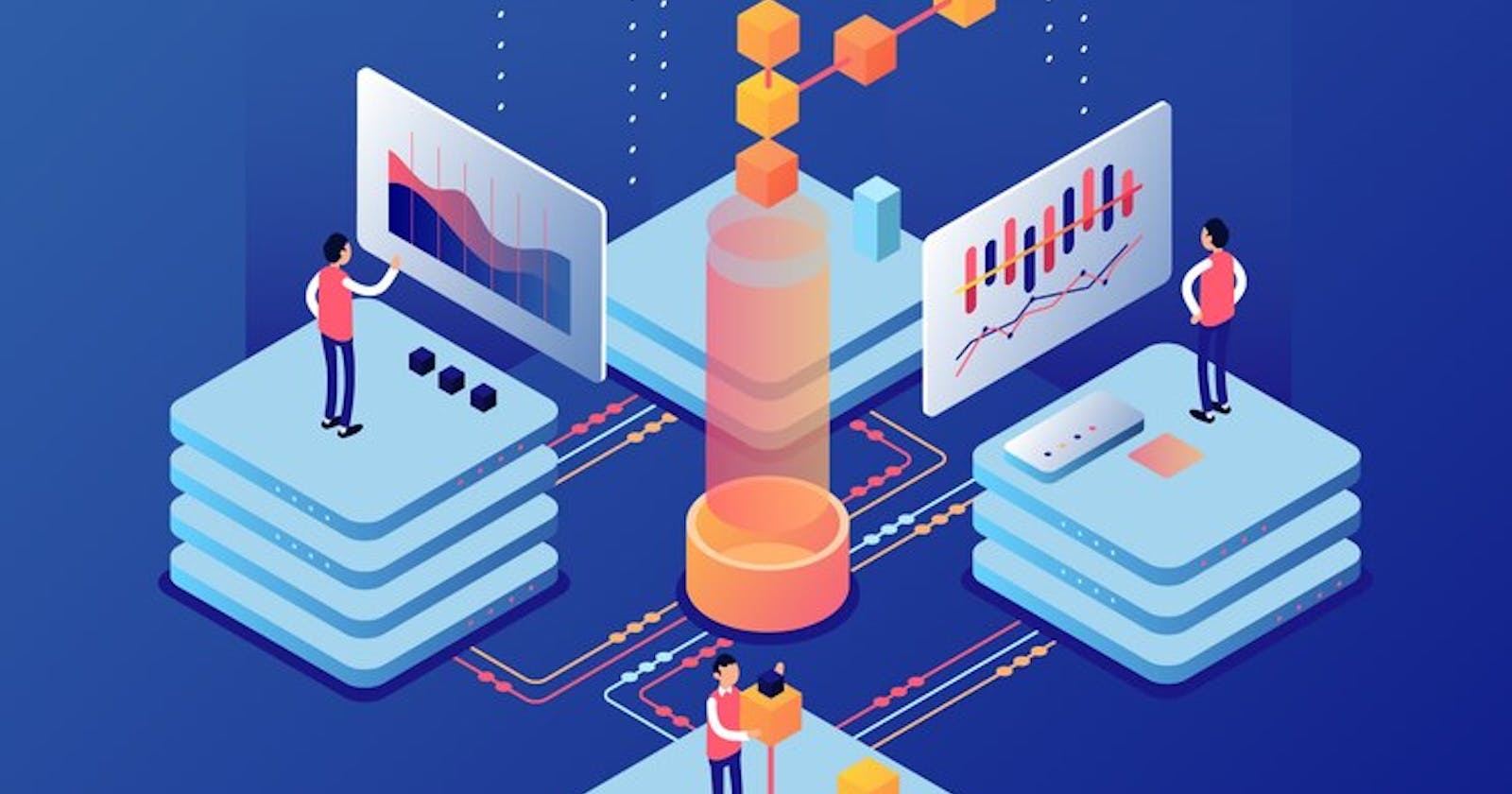Unveiling the Power of DAO: Understanding and Developing Decentralized Autonomous Organizations
Introduction:
Decentralized Autonomous Organizations (DAOs) have emerged as a revolutionary concept in the world of blockchain and cryptocurrency. In this blog post, we will delve into the fundamentals of DAOs, exploring what they are and how one can go about developing them.
What is a DAO?
A DAO, short for Decentralized Autonomous Organization, is an innovative organizational structure that operates on a blockchain. Unlike traditional organizations with centralized decision-making structures, DAOs are built on smart contracts and governed by code, providing a decentralized and autonomous framework.
Autonomy and Governance:
DAOs utilize smart contracts to automate decision-making processes.
Voting mechanisms enable token holders to participate in governance and decision-making.
Transparency:
All transactions and decisions within a DAO are transparent and recorded on the blockchain.
Token holders have visibility into the organization's activities.
Tokenomics:
DAOs often have native tokens that grant voting rights and influence over the organization's affairs.
Token holders can propose and vote on initiatives based on the number of tokens they hold.
Developing a DAO:
Developing a DAO involves several key steps, from conceptualization to execution. Here's a guide on how to embark on the journey of creating your own DAO:
Define Purpose and Scope:
Clearly articulate the purpose and scope of your DAO.
Determine the rules and processes for decision-making.
Smart Contract Development:
Choose a blockchain platform that supports smart contracts (e.g., Ethereum, Binance Smart Chain).
Develop smart contracts that define the DAO's functions, rules, and governance mechanisms.
Token Design:
Create a native token for your DAO that aligns with its goals.
Establish a fair distribution mechanism for the initial token offering.
Voting Mechanism:
Implement a secure and transparent voting mechanism using smart contracts.
Define the parameters for decision-making and voting eligibility.
Security Considerations:
Prioritize security in smart contract development to prevent vulnerabilities.
Consider third-party audits to ensure the integrity of the DAO's code.
Community Engagement:
Foster a community around your DAO by actively engaging with potential users.
Encourage participation and feedback to strengthen the DAO's ecosystem.
Launch and Iterate:
Launch the DAO and initiate its operations.
Continuously iterate based on community feedback and evolving needs.
Conclusion:
Decentralized Autonomous Organizations represent a groundbreaking shift in organizational structures, promoting transparency, autonomy, and community-driven decision-making. As you embark on the journey of developing your own DAO, stay committed to the principles of decentralization, and be open to adapting to the ever-evolving landscape of blockchain technology.
By understanding the core concepts of DAOs and following best practices in their development, you can contribute to the growing ecosystem of decentralized governance and redefine the way organizations operate in the digital age. DAO Development Company iMeta Technologies is a game changer in blockchain solutions, is here to guide you on your journey to establishing your very own DAO.
